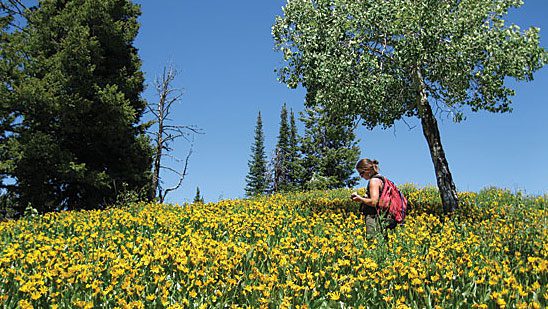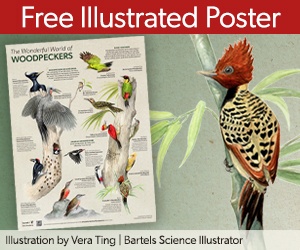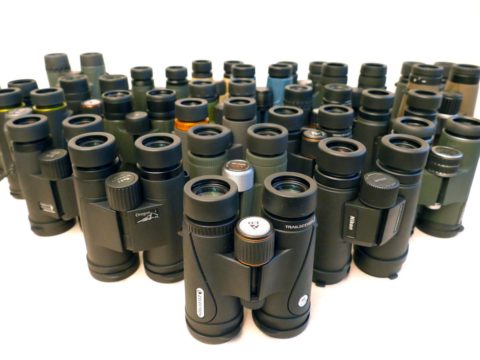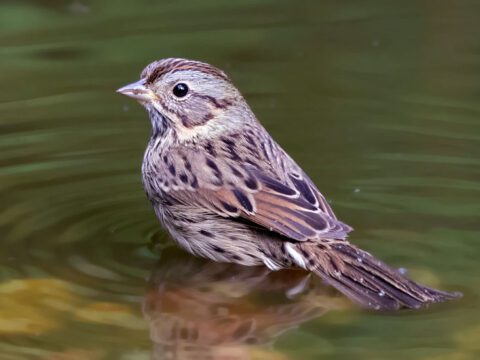New Athena Fund Powers Graduate Research
By Pat Leonard
October 15, 2011

The Greek goddess of wisdom is doing her bit to support modern-day research at the Cornell Lab of Ornithology. The Athena Fund, established in 2010 by an anonymous donor and recently renewed for 2011–12, offers funding to help graduate students unravel ornithological mysteries.
In Athena’s first year, seven students received awards to continue their research. Daniel Baldassarre tramps the Australian outback to study the breeding behavior of Red-backed Fairywrens. Caitlin Stern does genetic detective work to learn how often Western Bluebirds stray from their mates.
Nancy Chen studies genetics and disease in rare Florida Scrub-Jays, and Taza Schaming studies the impact of dwindling numbers of whitebark pines on Clark’s Nutcrackers in the Greater Yellowstone Ecosystem.
The Athena Fund made it possible for Nate Senner to set up research camps in Alaska and Manitoba, Canada, so he could recover Hudsonian Godwits he had tagged with geolocation tracking devices at those locations during previous summers.
In Papua New Guinea, Ben Freeman hopes to understand the restricted patterns of bird occurrence in tropical mountains—and has helped discover six bird species previously unknown to the mountain range where he works.
Yula Kapetanakos is investigating the critical declines of three Asian vulture species. Earlier this year she traveled to northern Cambodia to collect feather samples for DNA analysis. “I was invited to present my work to the Cambodian Ministry of Environment,” she said. “This was quite an honor!”
The Athena Fund also focuses on students’ personal growth during this formative time in their scientific careers— and plants in them the idea that they may one day give back to students themselves. Taza Schaming summed it up this way: “I feel very lucky that I have reached a place in my life where I am able to follow my passion, where I can make important contributions to conservation and ecology, and can learn so much every day, while having the opportunity to teach others.”
Originally published in the Autumn 2011 issue of BirdScope.


All About Birds is a free resource
Available for everyone,
funded by donors like you




